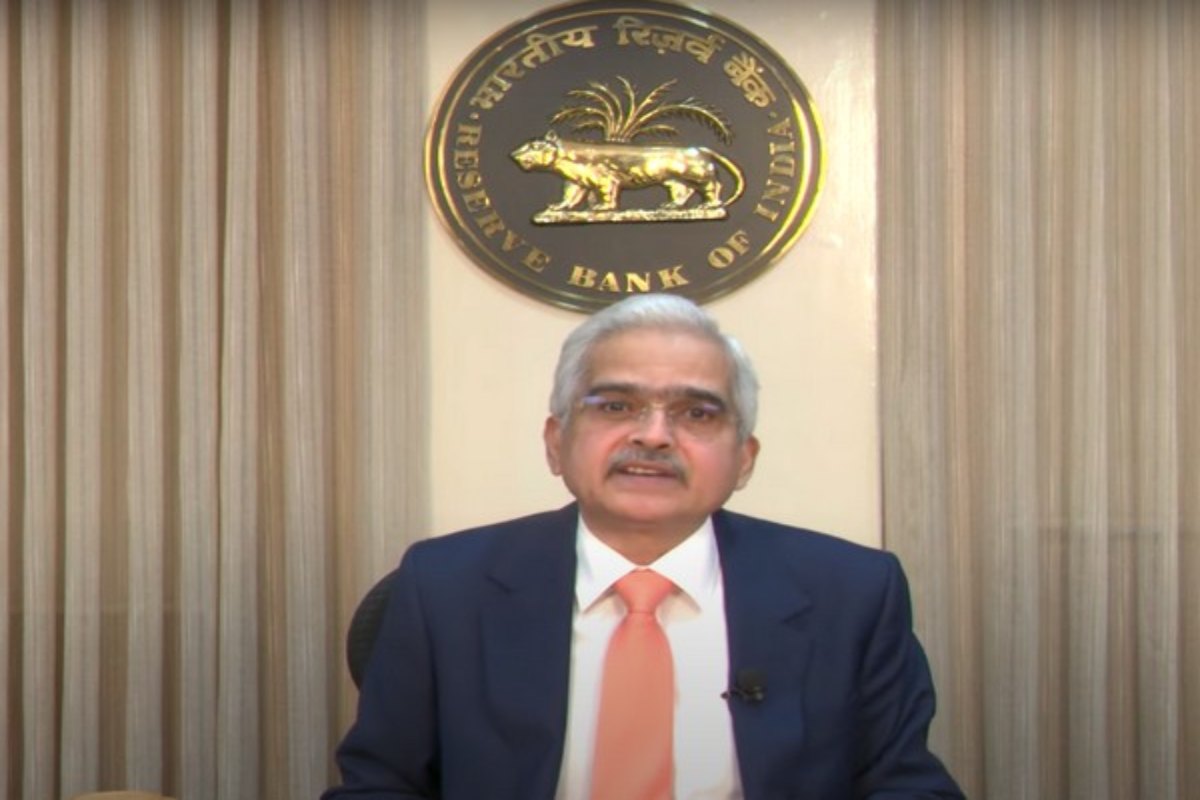RBI asks fintech firms, digital payment cos to ensure responsible innovation
RBI Governor Sanjay Malhotra on Thursday asked fintech firms and digital payment companies to ensure responsible innovation and better compliance.
The IMF reclassified India’s foreign-exchange regime to a stabilised arrangement from a floating system, it said in its annual Article IV country report.

[Photo : ANI]
India slammed the International Monetary Fund (IMF) for terming the country’s Central bank’s intervention in the foreign-exchange (forex) market excessive, implying it was trying to influence the level of the rupee.
Currency moved within a very narrow range from December 2022 to October 2023 suggesting the intervention of the Reserve Bank of India (RBI) “likely exceeded levels necessary to address disorderly market conditions”.
Advertisement
The IMF reclassified India’s foreign-exchange regime to a stabilised arrangement from a floating system, it said in its annual Article IV country report.
Advertisement
The IMF said India strongly disagreed with the assessment, calling it unjustified. The RBI stated that the period was restricted to a short-term, and that the IMF’s assessment would fail over a two- to five-year horizon, the fund said.
“The RBI strongly believes that such a view is incorrect as, in their view, it uses data selectively,” the IMF said in its report.
Notably, the rupee weakened about 2 per cent against the dollar between December 2022 and October 2023, after falling about 8 per cent in the prior 12 months.
The RBI estimated to have intervened to the tune of $78 billion dollars in those nine months, according to Bloomberg Economics.
The country’s FX reserves of $604 billion are approaching the record high $642.5 billion reached in 2021.
RBI officials have repeatedly said the central bank doesn’t target a level for the rupee, but intervenes in the currency market to smoothen volatility. Indian officials remain sensitive to the issue, though, since the US Treasury has placed India on its monitoring list of potential currency manipulators on and off since 2018.
Indian economy projected to grow at 6.3 per cent in current fiscal:
The IMF also said the Indian economy is projected to grow at 6.3 per cent in the current fiscal year and the next, supported by macroeconomic and financial stability.
The country’s digital public infrastructure and a strong government infrastructure program will continue to sustain growth, the IMF said in its Article IV consultation report, which reviews a country’s current and medium-term economic outlook.
“India has potential for even higher growth, with greater contributions from labour and human capital, if comprehensive reforms are implemented,” the IMF said.
IMF’s growth projection for the current financial year, ending March 31, 2024, is lower than the 7 per cent forecast by the RBI.
“Headline inflation is expected to gradually decline to the target although it remains volatile due to food price shocks,” the IMF said.
Advertisement